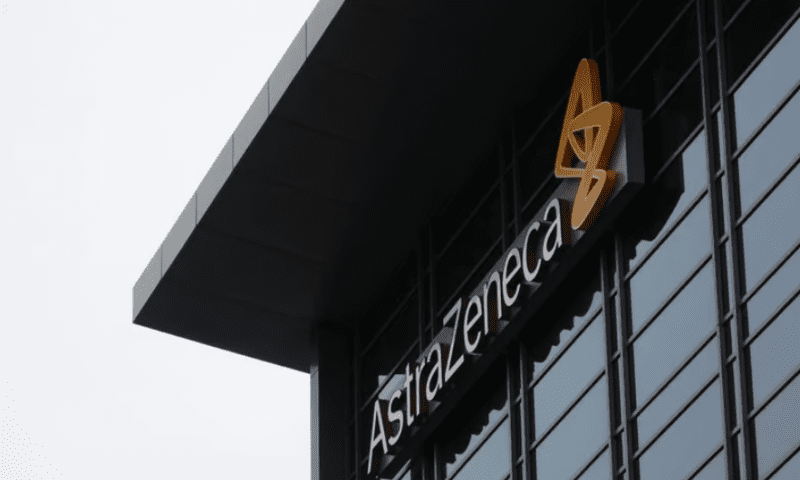AstraZeneca’s $1 billion bet on Daiichi Sankyo’s TROP2 antibody-drug conjugate (ADC) delivered promising early-phase breast cancer data. Chasing Gilead, the partners have linked the TROP2-directed ADC datopotamab deruxtecan (Dato-DXd) to response and survival results that suggest they have a shot at coming from behind to disrupt the market.
That suggestion is caveated by the small, uncontrolled design of the study and the potential unreliability of comparisons to Gilead’s trial of Trodelvy, a drug it acquired in its $21 billion Immunomedics buyout.
Here’s what we know. The Dato-DXd results cover a 41-patient cohort in the TROPION-PanTumor01 phase 1 trial. The patients had HR-positive, HER2-low or negative, metastatic breast cancer and previously received a median of five lines of treatment for metastatic disease.
In that heavily pretreated population, Dato-DXd achieved an objective response rate (ORR) of 27%—all 11 responses were partial—and a median progression-free survival (PFS) of 8.3 months. The figures compare favorably to the results of TROPiCS-02, a phase 3 clinical trial that is testing Gilead’s Trodelvy in a similar patient population.
Gilead, in a much larger, controlled study, linked Trodelvy to a median PFS of 5.5 months and an ORR of 21%. A subsequent analysis put the median overall survival (OS) for Trodelvy recipients at 14.4 months, compared to 11.2 months in the physician’s choice control arm. AstraZeneca and Daiichi Sankyo are yet to reach the median OS but revealed that 59% of patients were alive for more than one year.
The readout offers encouragement to the Dato-DXd developers as they work to generate data in their pivotal phase 3 trial TROPION-Breast01. The study, which began late last year, is testing Dato-DXd in a similar patient population to TROPION-PanTumor01, with a difference being the move into earlier lines of treatment. Patients need to have received one or two lines of chemotherapy in the metastatic setting to join the study.
AstraZeneca and Daiichi are running TROPION-Breast01 and a clutch of other studies as they attempt to repeat the success of their first ADC, Enhertu. Sales of the ADC have taken off this year, as the partners have expanded the label, notably through the industry-first approval for HER2-low breast cancer.

